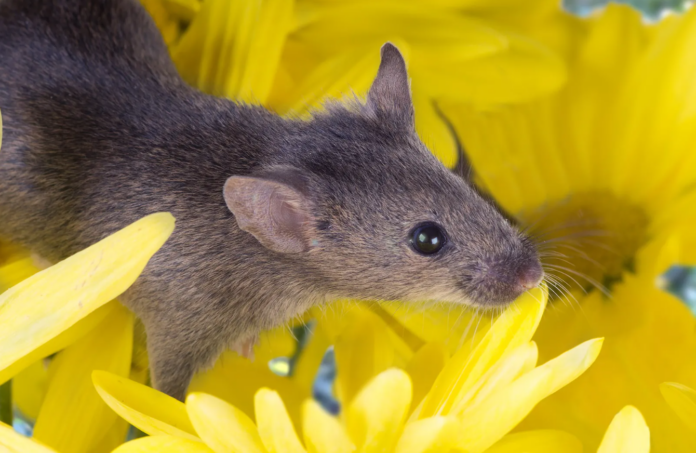
Gardening can be a peaceful and rewarding activity, providing a sense of accomplishment and a connection with nature. However, it is not uncommon for gardeners to encounter problems such as pests, diseases, and unfavorable weather conditions.
Among the most prevalent issues that gardeners face is the presence of rodents in their gardens. These pesky creatures can cause significant damage to plants and crops, and their presence can be a source of frustration and stress for gardeners.
Fortunately, there are several effective methods for rodent control that can help keep rodents out of your yard. From natural repellents to traps, fencing, and other preventive measures, there are several approaches that you can take to keep rodents at bay.
By identifying the type of rodents that are causing damage, you can choose the most suitable method for deterring them from your garden.
While dealing with rodents can be a challenging task, it is an essential part of maintaining a healthy and productive garden. With the right approach and persistence, you can effectively this control populations in your yard and enjoy the fruits of your labor without interference.
Table of Contents
1. Identify the Rodents in Your Garden
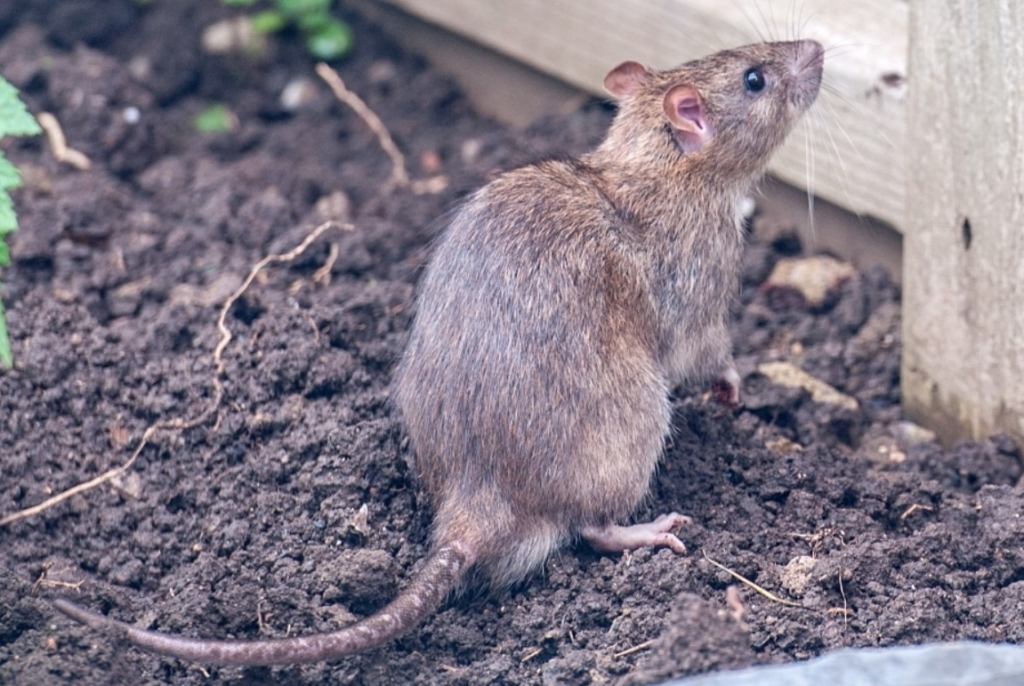
Identifying the types of rodents present in your garden is an essential step in effectively controlling their populations.
Different ones have varying behavior and habits, and knowing which ones you’re dealing with will help you choose the most appropriate rodent control method. Common ones found in yards include rats, mice, squirrels, and voles.
Rats are larger rodents that are capable of causing extensive damage to plants and structures.
They are also known carriers of diseases and can pose a health risk. Mice, on the other hand, are smaller and can cause damage to plants and structures, but they are not usually a significant health risk.
Squirrels are tree-dwelling rodents that can cause damage to fruits and nuts, while voles are ground-dwelling rodents that can cause damage to plants.
By identifying the types of rodents in your yard, you can choose the most appropriate method of control and protect your garden from further damage.
2. Remove Clutter and Debris
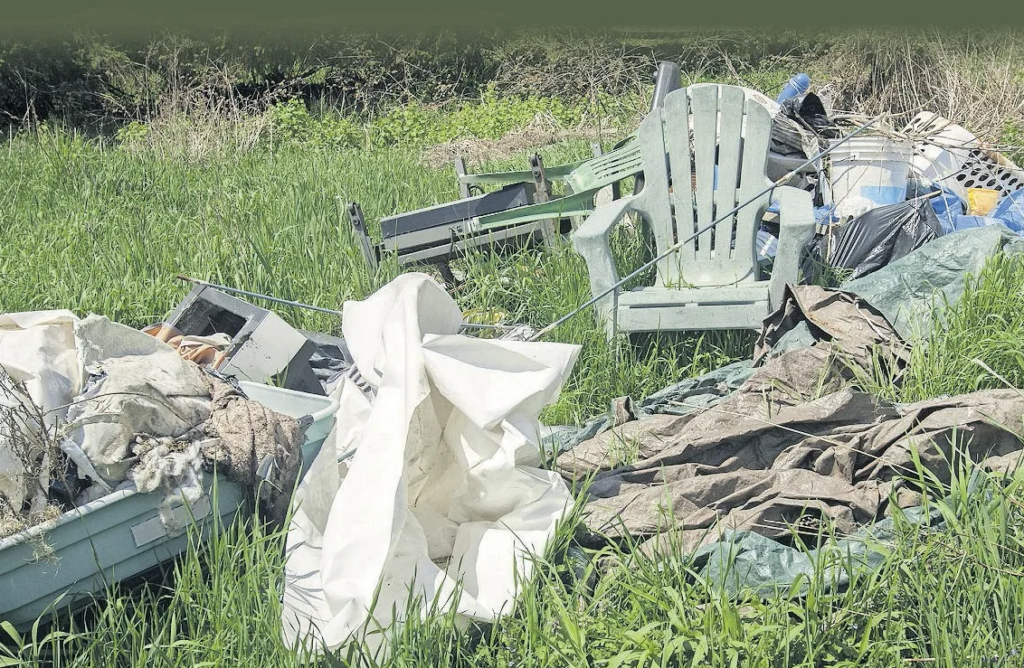
Rodents love clutter and debris. They provide a perfect hiding place for them. Therefore, removing clutter and debris from your garden can go a long way in keeping them away.
Be sure to clear away any piles of leaves, twigs, or other debris that might be on the ground. Keep your backyard neat and tidy, and you will make it less attractive to them.
3. Fence Your Garden
Fencing is a reliable way to keep them out of your garden. Install a fence around your yard, and make sure it’s buried at least a foot into the ground.
This will prevent them from burrowing underneath the fence. A wire mesh fence that’s 1/4 inch or smaller is recommended to keep out smaller rodents like mice and voles.
4. Use Natural Repellents

Natural repellents are an effective and sustainable way to keep rodents away from your garden.
There are several natural substances that can be used as repellents, including peppermint oil, garlic, and chili peppers. These substances work by emitting a strong scent or taste that is unpleasant to rodents, causing them to avoid the area.
One of the most effective natural repellents is peppermint oil, which has a strong scent that rodents find repulsive. Simply dilute peppermint oil with water and spray the mixture around the perimeter of your garden to create a barrier that rodents will avoid.
Garlic and chili peppers can also be used as repellents.
5. Set Traps
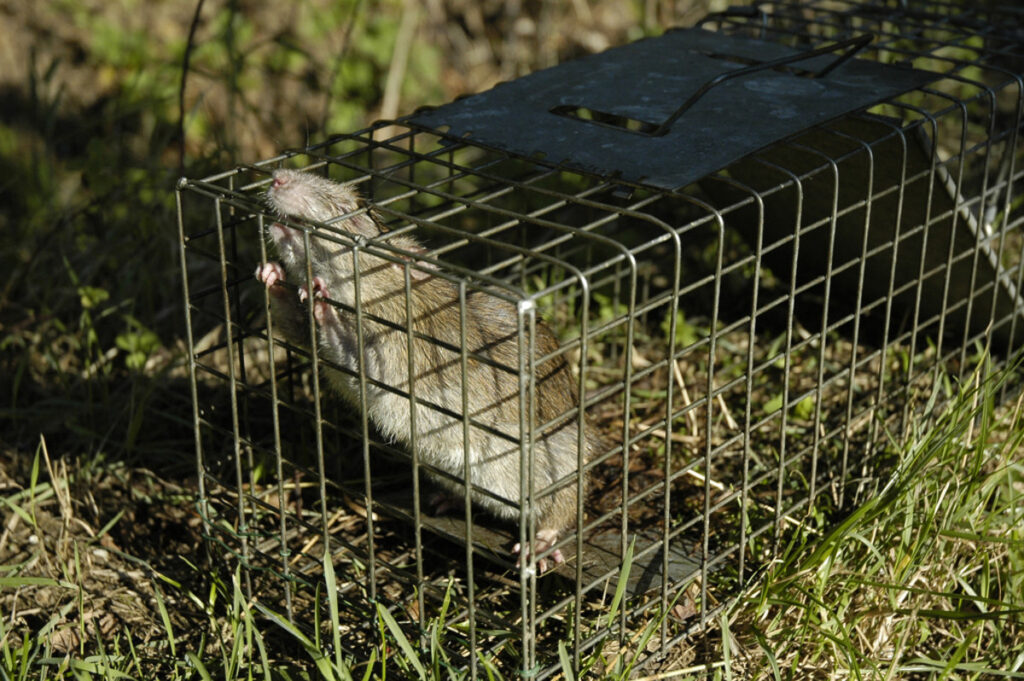
Traps are a more aggressive approach to this control, but they can be very effective. There are several types of traps you can use, including snap traps, live traps, and glue traps. Choose the type of trap that best suits your needs and place them in areas where they are most likely to pass through.
6. Avoid Using Poison
While the use of poison may seem like a quick and effective solution for rodent control, it should be avoided whenever possible.
Poison baits can be harmful to other animals and the environment, and can also pose a risk to human health. Children, pets, and wildlife can all be unintentionally exposed to poison baits, leading to potential harm or even death.
In addition, poison baits can cause them to die in hard-to-reach areas, leading to unpleasant odors and potential health hazards. Poisoned ones can also become disoriented and unpredictable, increasing the risk of bites or other accidents.
Instead of using poison, it’s best to opt for more natural and sustainable methods of this control. Fencing, traps, and natural repellents are all effective alternatives that are safer for both your backyard and the environment.
By choosing these methods, you can effectively control rodent populations while also preserving the natural balance of your ecosystem.
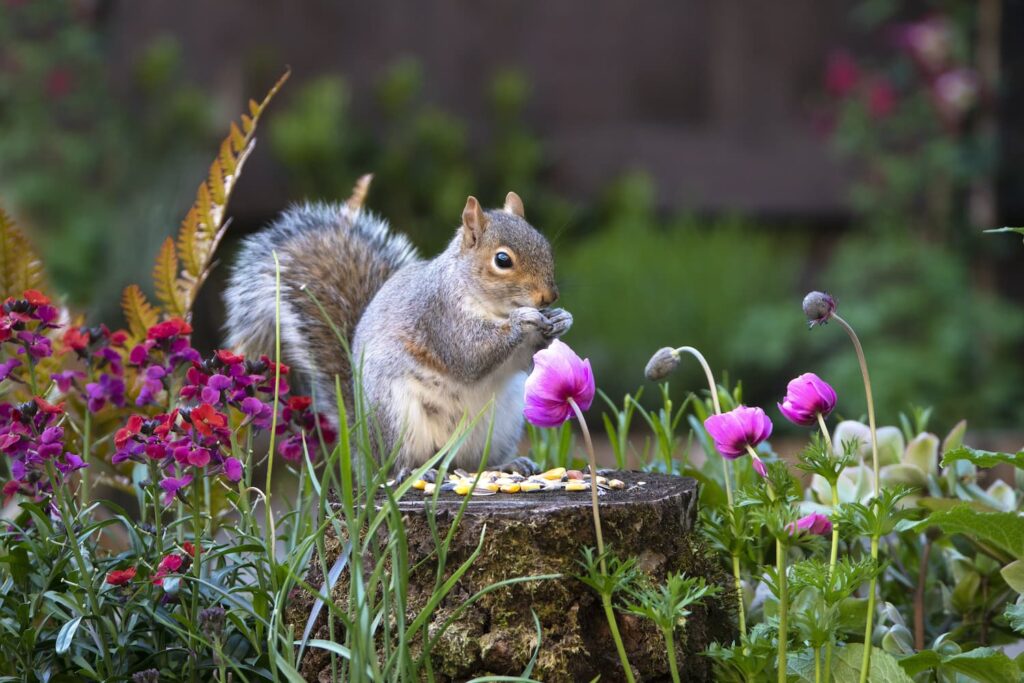
Protect Your Garden, Protect Your Harvest: The Importance of Rodent-Proofing Your Garden – A Final Word
In conclusion, keeping them away from your yard is an important aspect of maintaining a healthy and productive garden.
They can wreak havoc on your plants and crops, causing damage that can be difficult to repair. However, by implementing the right methods for rodent control, you can prevent these pesky creatures from ruining your backyard and enjoying a bountiful harvest.
It’s important to remember that rodent-proofing your garden requires a combination of methods to be most effective.
Removing clutter and debris, fencing your garden, using natural repellents, and setting traps are all effective ways to control rodent populations. It’s important to choose the right method based on the type of them that are causing damage and the severity of the problem.

In addition to being effective, rodent-proofing your backyard is also environmentally friendly. Natural repellents and traps are safer and more sustainable alternatives to poisonous baits, which can be harmful to other animals and the environment.
By using natural methods, you can protect your backyard while also preserving the natural balance of your ecosystem.
Overall, the importance of rodent-proofing your garden cannot be overstated. By taking proactive measures to keep them away, you can ensure a healthy and productive yard and enjoy the fruits of your labor. So, protect your garden, protect your harvest, and happy gardening!







